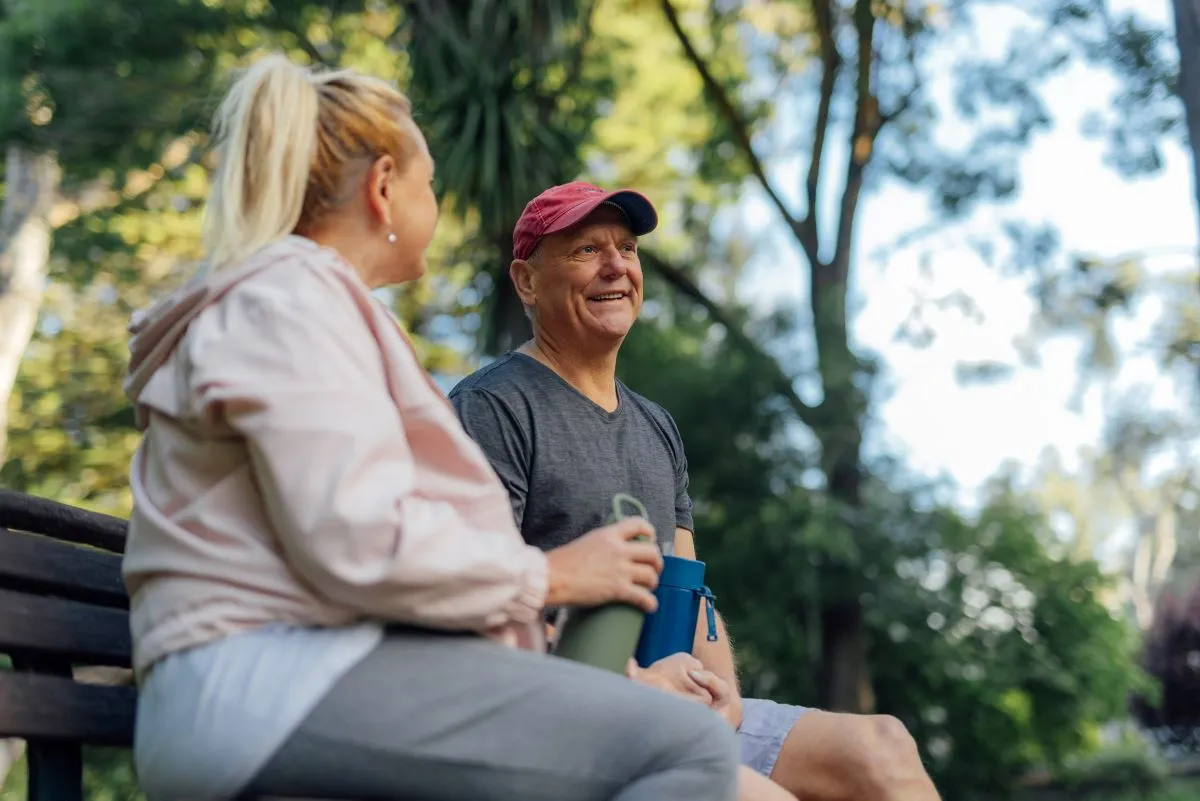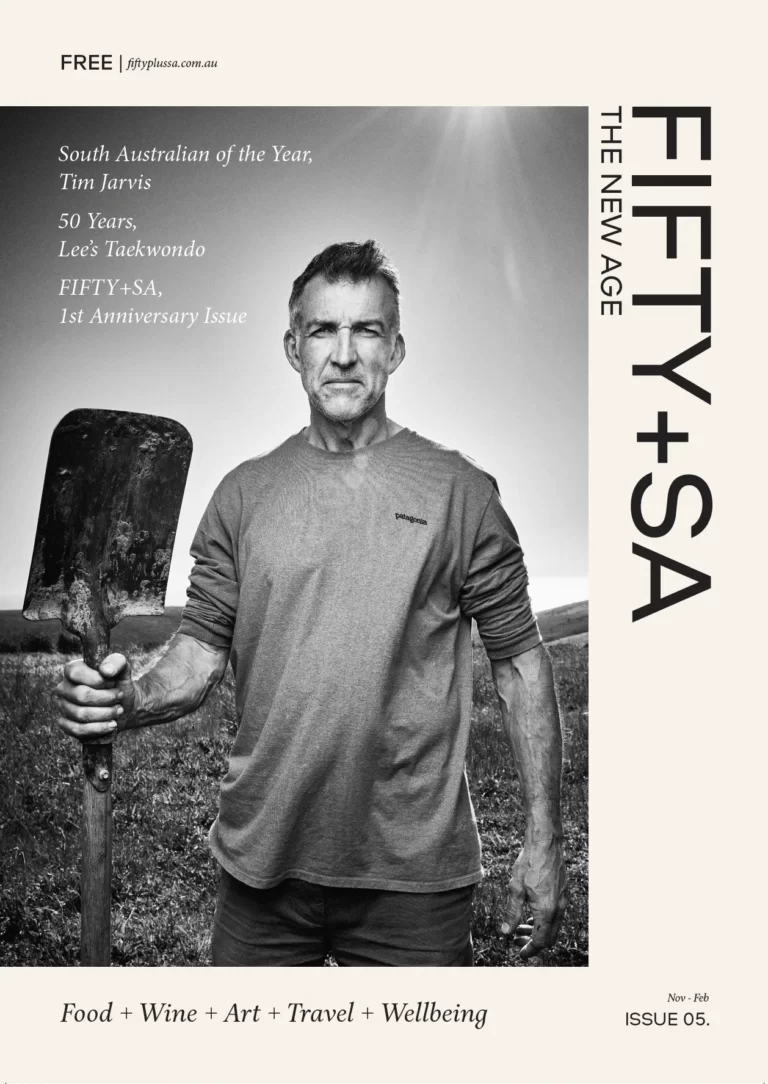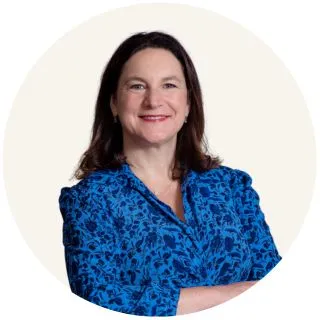
WORDS: Rosina Hislop, Chair at ECH
How would you answer, “Would you like to live until you are 100 years old?”
The documentary’s presenter, Dan Buettner, embarks on a global journey, unveiling the secrets of five extraordinary communities where people lead remarkably long and vibrant lives. From the mountain villages of Sardinia, to the sun-kissed suburbs of California, Buettner delves into the factors contributing to these communities’ exceptional lifespans.
We eagerly anticipate his exploration of Australia! Known for our outdoorsy and socially connected lifestyles, with beaches and the outback readily accessible, we can more easily encourage movement in our day-to-day lives. With (generally) good weather throughout most of the year, and nutritious food, with plenty of fruits and vegetables easily obtainable, Australia is well placed to establish itself as the “sixth blue zone”.
Within these blue zones, there is a strong societal emphasis on recognising and appreciating the valuable contributions of older individuals to the community. It is a philosophy I wholeheartedly embrace.
While it’s a known fact that more Australians are surpassing the age of 100, with a few even reaching beyond 110, the crucial question lingers – do I aspire to live to 100 myself?
After Tasmania, South Australia has the oldest-aged population in Australia. We are well placed to make a statement, drive change, and reach for the stars in the reform of services to people in the encore of their lives.
In response, my preference is to lean toward a focus on “health span” rather than “lifespan”. I certainly would sign up to reach my 100th birthday and beyond with vitality. In other words, a life marked by health and liberation from what many would currently describe as age-related worries.
To stay healthy at any stage, I have adopted some guidelines based loosely on blue zone research and my personal preference.
To give an example, I generally avoid foods with ingredients I don’t keep at home – a habit influenced by my childhood. If I was ever hungry, my mother’s solution was simple “Find something from the garden!”. We mostly ate whole foods, either grown by us or sourced locally, a privilege I appreciate more with time.
It hit home during a trip to Malta a few years back, where I saw daily, the community gathering to play bocce and the benefits of a simple lifestyle marked by daily connection with friends and regular movement. With our lives (and health outcomes) becoming more complex, there couldn’t be a better time to get back to basics with some aspects of our lives.
The World Health Organisation (WHO) predicts that between 2015 and 2050, the proportion of the world’s population over 60 years will nearly double from 12% to 22% and that all countries will face major challenges to ensure their health and social systems are ready to make the most of this demographic shift. Whilst this shift in demographics undoubtedly requires careful planning by policymakers, I’m keen for our community to look at the opportunities afforded by a society of greater longevity and for us to think creatively and innovatively about the possibilities for a long life of vitality.
ECH’s mission has always been to challenge the narrative and status quo around ageing. More than ten years ago, ECH took the bold step to change the notion that residential aged care is an inevitable stage in older age; we divested our residential aged care facilities and re-oriented our purpose to help people remain living independently at home “stay who you are where you are”. Ten years on, that thinking is now mainstream.
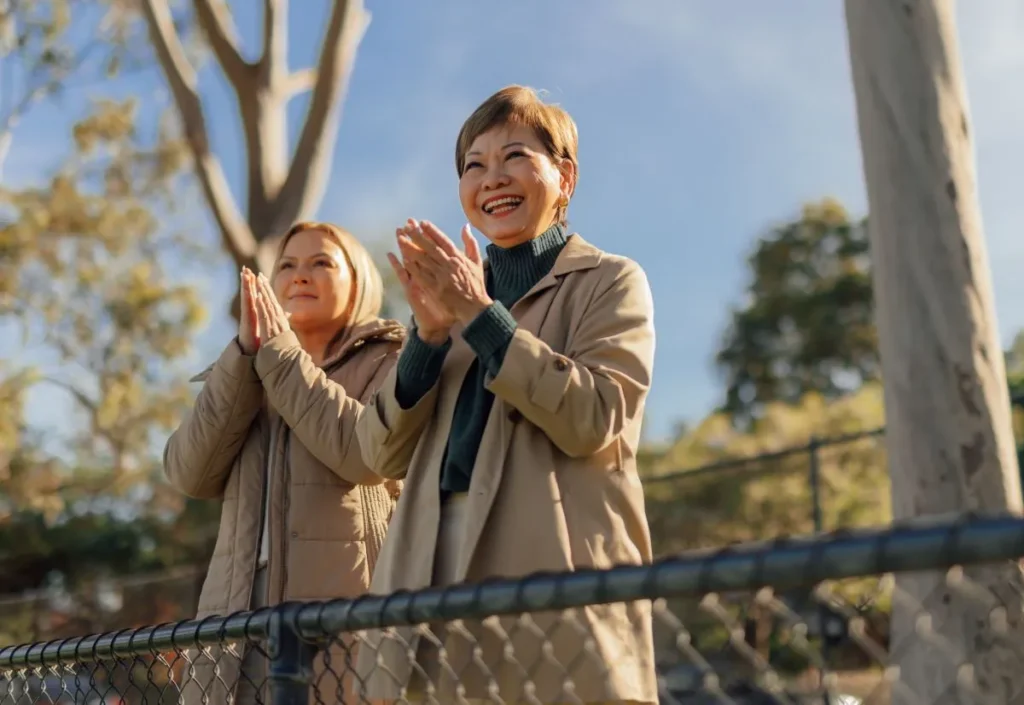
As we continue to push the boundaries and make use of the latest global research to challenge notions around ageing being “a challenge” we seek to set the benchmark for a longer thriving life – in other words to get more out of life.
I am currently reading “Lifespan” by Harvard Medical School scientist Dr David Sinclair, an insightful and provocative book that examines the science and practical strategies to make our health span equal our lifespan to beyond 100 years.
At ECH, we advocate for regular physical activity, endorse healthy eating habits, and support engaging in meaningful activities, such as attending social day programs. Our five-year strategy is focused on helping people to get more out of life, physically, mentally, and socially.
It’s about providing people with a wide range of options together with easy access to information, that helps them to define what ‘more life’ means for them. It is important to foster a sense of belonging and purpose with clients, to support enablement, and focus on a client’s ‘stage’ not ‘age’.
At the biological level, ageing results from the impact of the accumulation of a wide variety of molecular and cellular damage over time. This leads to a gradual decrease in physical and mental capacity, a growing risk of disease and ultimately death. These changes are neither linear nor consistent, and they are only loosely associated with a person’s age in years. The diversity seen in older age is not random. Beyond biological changes, ageing is often associated with other life transitions such as retirement, relocation to more appropriate housing and the death of friends and partners. – Reference WHO
Living longer poses opportunities not just for the individual but for the whole community. Looking at longevity as an opportunity, rather than a challenge is certainly something we continue to embrace and encourage for positive force.
Ageing people are not the challenge, and as Edward Debono aptly puts it, “You can’t dig a new hole by digging the same hole deeper.” We must embrace innovative ways of working together and connecting, no matter our age.
As reported by the WHO, evidence suggests the proportion of life in good health has remained broadly constant, implying that additional years are in fact, in poor health. Therefore, if people can experience these extra years with vitality, in good health, and a supportive environment, their ability to do the things they value, will be little different from that of a younger person.
Some of the variations in older people’s health are genetic, most is due to people’s physical and social environments – including their homes, neighbourhoods, and communities, as well as their characteristics – such as their sex, ethnicity, or socioeconomic status. The environments that people live in as children – or even as developing fetuses – combined with their characteristics, have long-term effects on how they age. – Reference WHO
From my experience, community is crucial. Providing the opportunity for the community to organically discover and partake in activities they enjoy is critical. For example, we intentionally designed the ECH Encore Apartments with room to breathe, enabling the community to flourish naturally. The fusion of open-plan living with private hill-view balconies, coupled with a focus on community and inclusivity through intergenerational living, enhances the quality of life for its residents and sets it apart from conventional retirement living models.
The co-located SA Montessori Early Learning Centre, fosters intergenerational living and connections, providing a stimulating environment for both learning and engagement between children and residents. This, through to the integration of diverse amenities, like a community garden, a state-of-the-art gym (wellness centre), and on-site café within the vertical village, ECH has showcased an integrated approach, championing both physical and social well-being.
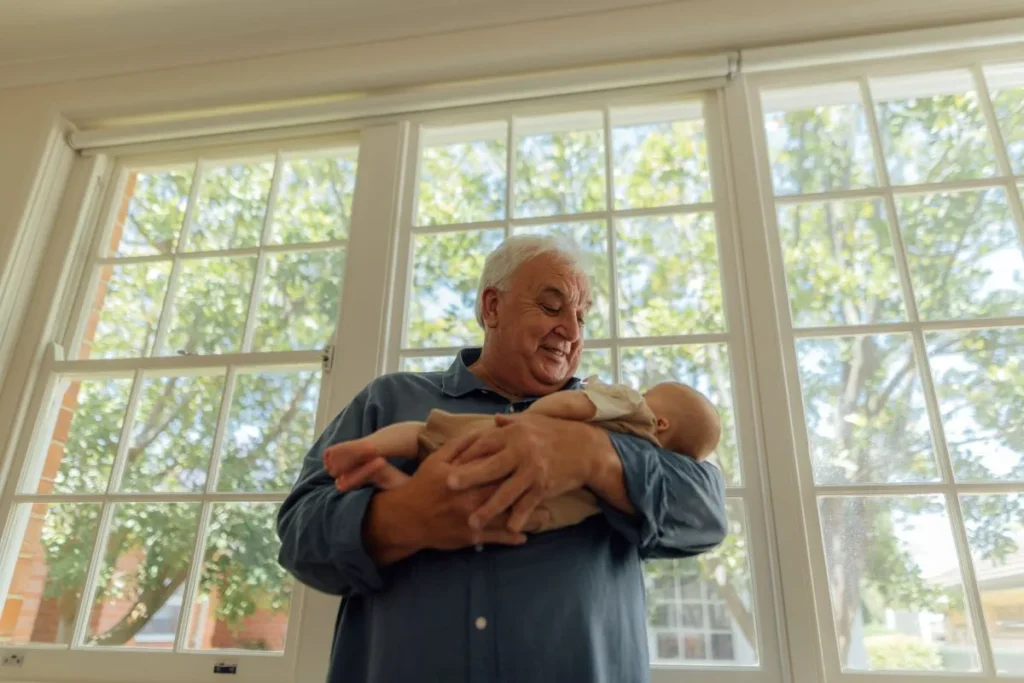
We all have differing interests and challenges, it’s about finding the right balance for ourselves, to live healthy and have a long happy life, regardless of age.
Interestingly, on 15 November 2023, the WHO positioned social connection as a global public health priority. They reported at the time that lack of social connection has a serious impact on physical and mental health, increasing the risk of cardiovascular disease, stroke, diabetes, dementia, depression, anxiety, and suicide.
People who lack social connection have a 30% higher risk of early death, comparable to much better-recognised risks such as smoking, excessive drinking or obesity. The scale and severity of social isolation and loneliness are a challenge, but they are also an opportunity.
Like my own personal focus to stay healthy at any stage, I consider it my healthspan, rather than lifespan, as many over 50+ years now do. Ageing people are not the challenge, and as Edward Debono aptly puts it, “You can’t dig a new hole by digging the same hole deeper.” We must embrace innovative ways of working together and connecting, no matter our age.
South Australia is the province that was originally formed as an experiment in reform, addressing the problems perceived in British society. Over a total land area of 984,321 square kilometres, it is the fourth largest of Australia’s states and territories by area and the second smallest state by population.
After Tasmania, South Australia has the oldest-aged population in Australia. We are well placed to make a statement, drive change, and reach for the stars in the reform of services to people in the encore of their lives.
The centum state, based on healthy living ‘Blue Zone’ philosophies is a real opportunity.
ECH is an aged care provider proudly working with over 4200 clients and independent living
residents, of which 710 are aged 90 and above. All live independently, however many live within our Retirement villages, where we also have a direct impact in providing the all-important social structures.

